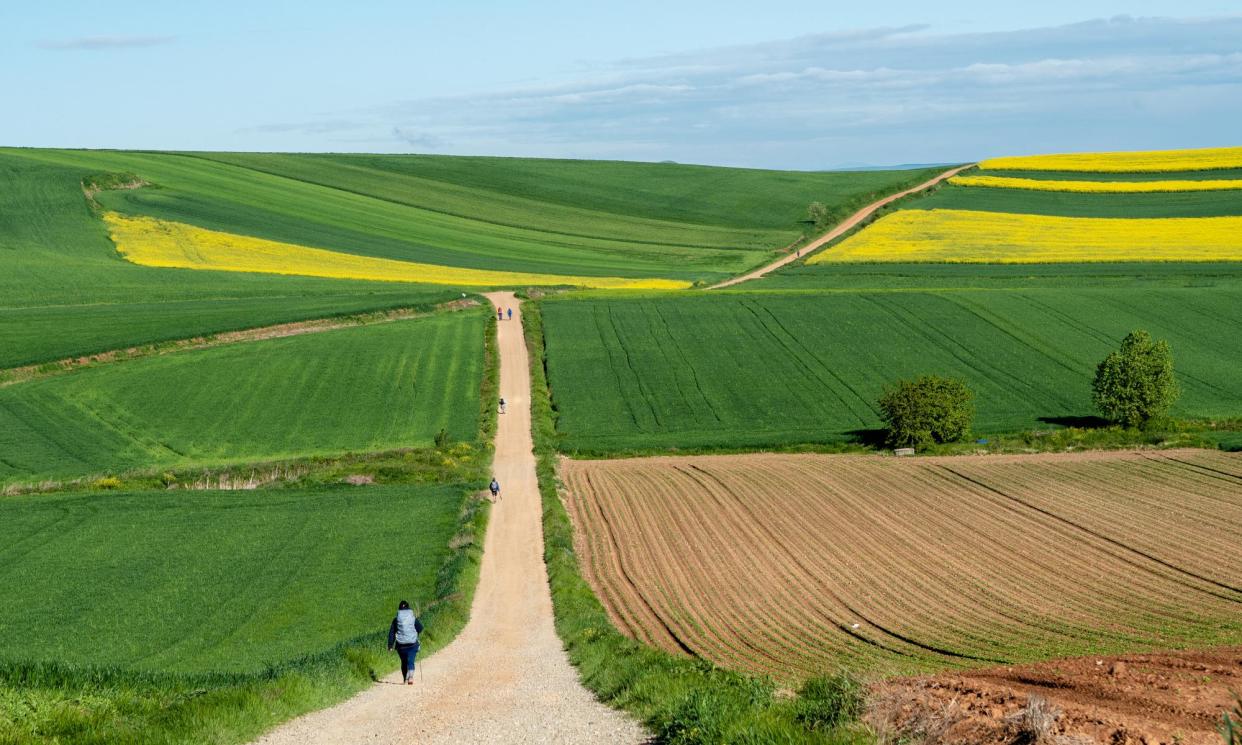A modern pilgrimage’s transformative power

Re your editorial (The Guardian view on pilgrimage: a 21st-century spiritual exercise, 14 April), my sister has just completed her third pilgrimage to Santiago de Compostela in Spain.
On this trip she met a young man who was walking the 500 miles with his probation officer. He had had the choice of walking the Camino or going to prison; for what offence she did not discover, but over the six weeks of walking she reports that she saw a transformation in the fitness and general wellbeing of both men. It would seem that the men and the justice system in Spain benefited.
Norma Neill
Askernish, South Uist
• As someone who has participated in pilgrimages over the years, I was most interested to read your editorial. Although it is having something of a renaissance, it has always been a staple of many people’s lives and experiences. It is correct to state that it is no longer completely in the church domain, as many spiritual wayfarers do not belong to any one religion or indeed faith.
But there is a sense of wanting to discover something beyond their own lives, or of it being done for therapeutic reasons. It saddens me to witness the dire situation in Israel and Gaza; having had the privilege to participate in two pilgrimages there, I can only hope and pray that there is a just and peaceful resolution soon.
Judith A Daniels
Great Yarmouth, Norfolk
• Have an opinion on anything you’ve read in the Guardian today? Please email us your letter and it will be considered for publication in our letters section.


